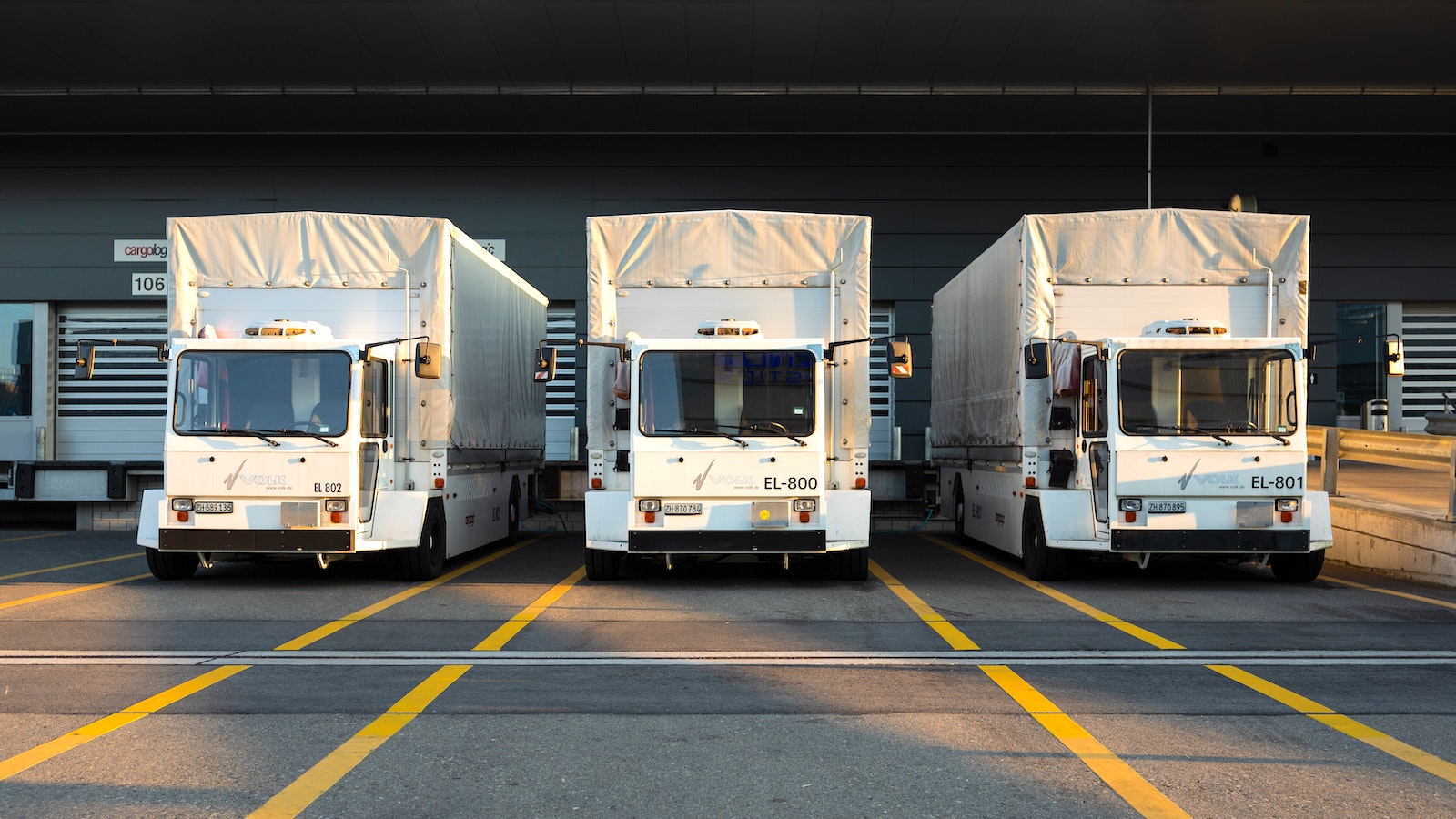Efficient logistics management has become essential for businesses aiming to stay competitive in today’s fast-paced markets. As customer expectations evolve, particularly for speedy and cost-effective deliveries, leveraging advanced logistics technology is no longer optional. This article delves into why businesses should adopt such technologies, with a special focus on last-mile logistics and cross-docking, and highlights the transformative role of a Transport Management System (TMS).
The Growing Importance of Logistics Technology
Logistics technology refers to the digital tools and platforms that streamline supply chain operations. From inventory management to real-time tracking, these solutions enable businesses to enhance efficiency, reduce costs, and improve customer satisfaction. In a world where same-day and next-day delivery have become the norm, the inability to adapt to advanced systems can lead to lost opportunities.
Last-Mile Logistics: Meeting Customer Demands
Last-mile logistics refers to the final leg of the delivery process, where goods move from a distribution centre to the customer’s doorstep. This stage is often the most complex and expensive, accounting for nearly 53% of total shipping costs.
Logistics technology offers solutions to optimise last-mile deliveries:
- Route Optimisation: Tools like AI-powered algorithms suggest the most efficient delivery routes, saving time and fuel.
- Real-Time Tracking: Customers demand transparency, and tracking systems provide them with live updates on their deliveries.
- Dynamic Scheduling: Logistics platforms adapt to changes, ensuring that deliveries remain on schedule even in unforeseen circumstances.
Investing in these technologies ensures faster, more reliable deliveries, enhancing customer trust and loyalty.
Cross-Docking: Streamlining Supply Chains
Cross-docking is a logistics strategy where goods are unloaded from inbound transportation and directly transferred to outbound vehicles without long-term storage. This method reduces handling times, minimises warehouse costs, and accelerates the supply chain.
Logistics technology enhances cross-docking operations by:
- Improving Coordination: Digital platforms synchronise inbound and outbound schedules to prevent bottlenecks.
- Enhancing Inventory Visibility: Businesses can track shipments in real time, ensuring accurate transfers and avoiding errors.
- Automating Processes: Automated systems reduce labour-intensive tasks, such as manual sorting and documentation.
By integrating cross-docking with logistics technology, companies can improve efficiency and reduce costs while maintaining supply chain agility.
The Role of a Transport Management System (TMS)
A Transport Management System (TMS) is a crucial component of logistics technology that enables businesses to manage their transportation operations effectively. From route planning to freight cost optimisation, a TMS ensures seamless coordination between different logistics processes.
For example, in last-mile logistics, a TMS can integrate with route optimisation tools to plan cost-effective deliveries. Similarly, in cross-docking, it ensures that inbound and outbound transportation schedules align perfectly, minimising delays and disruptions.
Investing in a robust TMS helps businesses adapt to fluctuating demands and streamline their logistics operations.
Benefits of Adopting Logistics Technology
- Cost Reduction: Automation reduces manual labour and operational inefficiencies.
- Improved Delivery Accuracy: Enhanced tracking systems ensure fewer errors in deliveries.
- Faster Turnaround Times: Cross-docking and last-mile solutions reduce delays.
- Enhanced Customer Satisfaction: Meeting or exceeding delivery expectations builds trust and drives customer retention.
Conclusion
In a rapidly evolving market, businesses must embrace logistics technology to thrive. Whether focusing on last-mile logistics to meet customer demands or employing cross-docking to streamline supply chains, the integration of advanced systems is key. Tools like a Transport Management System (TMS) act as the backbone of these operations, enabling businesses to optimise processes, reduce costs, and exceed customer expectations.
For companies aiming to stay ahead of the competition, the time to invest in logistics technology is now.











